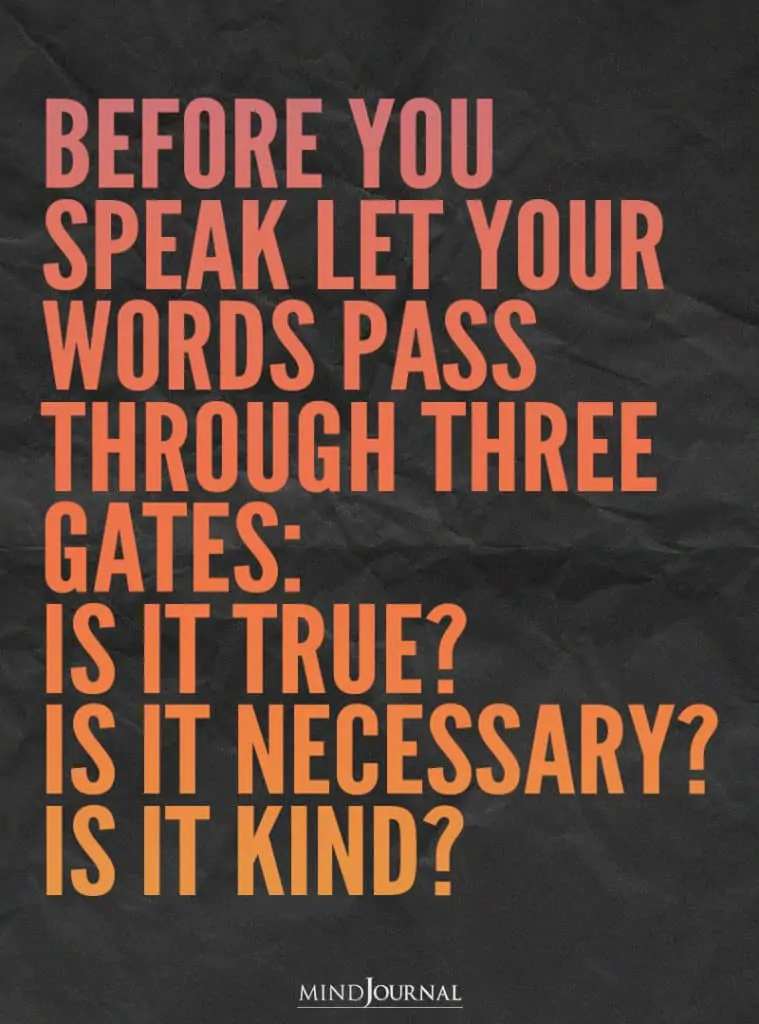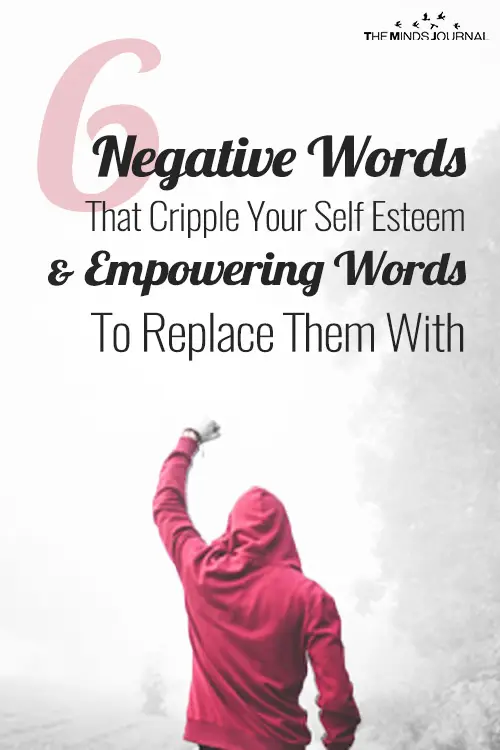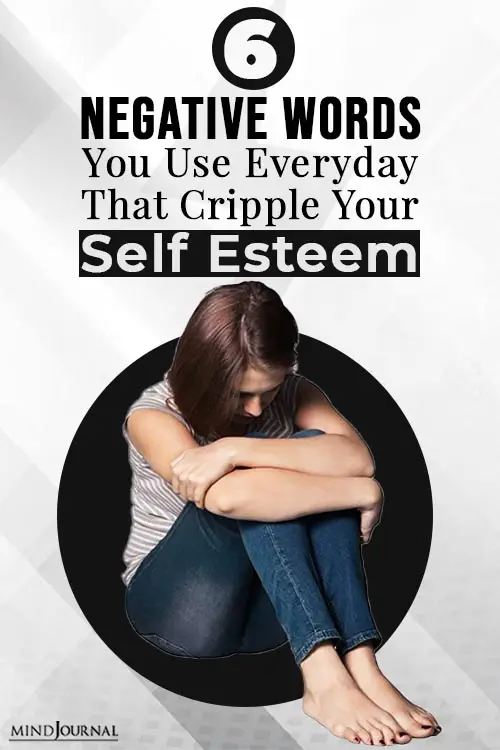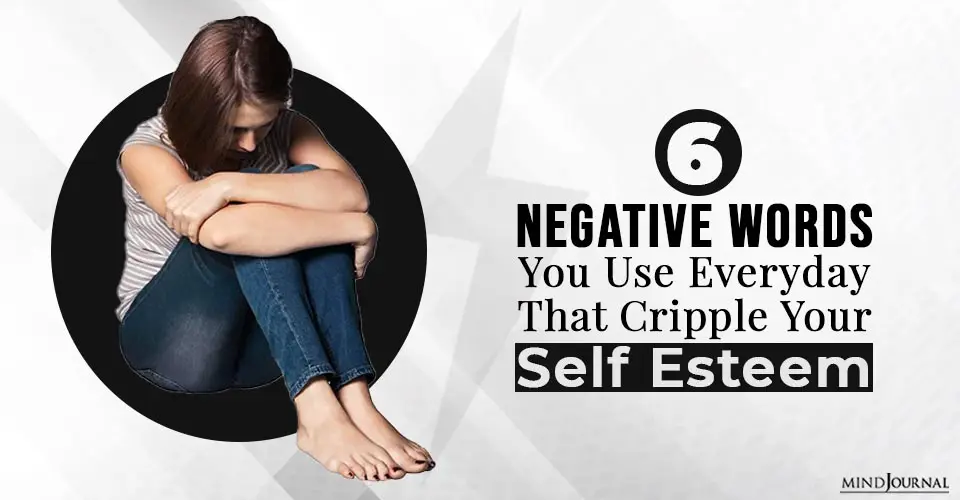Words are extremely powerful tools that we can use to uplift our personal energy and motivation. The words you choose either give you power or take it away. Here are 6 common negative words that you use every day and 6 constructive empowering words to replace them with that will instantly boost your self esteem.
“Love yourself first and everything else falls into line.”
How familiar are you with your internal dialogue when it comes to building self-esteem?
The language you use can have a profound impact on your self-image, how you show up in the world, and how you live your life.
Words have the power to shape your beliefs and influence your decisions and can either empower you to love yourself more or to feel awful. The way you express yourself, your choice of words, and your tone of voice create energy that either gives you power or takes it away, so it makes sense that using empowering words does more for your everyday life than perpetuating negative thoughts.
Speech has the ability to change perception, so it’s important to stop negative thoughts before they wear you out. Making the conscious choice to eliminate disempowering words from your vocabulary can be transformative.
The language you choose can be limiting. You can change your beliefs by being mindful of how you talk. People often use disempowering words such as can’t, have, need, should, never, always, try, and but.
Negative words are taken for granted as part of your everyday communication and narrows your mind in a way that cuts you off from other options and possibilities. Additionally, disempowering words have an effect on your feelings and behaviors.
They diminish your ability to be the master of your destiny, create discomfort, and decrease the amount of energy you have to move forward in a fulfilling way.

Why is it beneficial to set the intention of consciously choosing to use empowering vocabulary? Using positive language will shift your energy levels, elevate your power, and will help reduce resentment and drama in your life.
It will also enhance your ability to be a creator instead of a victim. You will become more open to options you didn’t see before. Implementing empowering language can enhance the strength and motivation you need to keep moving forward.
Read How To Boost Your Self-Esteem Quickly: 12 Simple Tips
Here are 6 negative thoughts you can identify and reframe with empowering words:
1. Negative Thought: Can’t
When you say, “I can’t,” you set yourself up for failure because it means that you are giving up or that you lack the power. It implies a low self-image, helplessness, and a lack of self-control. Using the word also increases your stress level, blocks creativity, and your ability to problem-solve.
“You’re always with yourself, so you might as well enjoy the company.”- Diane Von Furstenberg
Instead, use this empowering word: Won’t.
When you say, “I won’t,” you assert confidence and self-control. It signifies preference and choice.
2. Negative Thought: Have To Or Has To
When you say, “I have to,” or “I need to,” you are relinquishing your ability to make your own choices and therefore become a victim. Using those words fosters the inner dialogue that creates conditions of powerlessness.
Instead, use these empowering words: Choose to or want to.
Everything is a choice. You don’t “have to.” You “do” or “get to do.” Use choose to or want to instead. When you say, “I choose to,” or “I want to,” you acknowledge that you have the right to choose your path.
3. Negative Thought: Should
When you say, “I should,” it implies there is a right or wrong way to do something. Thinking you might be wrong is not elevating. It sends a message that you are not in control or worthwhile and don’t want to do something.
The word “should” also signifies a lack of acceptance rather than encouragement.
Instead, use this empowering word: Can.
This is why you can say “can or could.” When you say, “I can, or I could” you are reinforcing your freedom and ability to take full ownership.
4. Negative Thought: Always Or Never/Sometimes Or Often
When you say, “always” or “never,” you’re trying to prove a point and become position-based. Your goal becomes winning instead of understanding and positive resolution.
These words encourage awfulizing and catastrophizing thoughts which deplete your energy and cause anxiety.
Read 4 Kinds Of Self-Criticism You Must Put An End To
Instead, use these empowering words: sometimes or often
When you say, “Sometimes, often, or seldom,” you don’t box yourself in and create an opportunity for openness and acceptance.
5. Negative Thought: But
When you say, “but,” it causes everything that was said or thought before it to be negated. It often has the effect of changing a neutral statement into a negative one. The word closes off the conversation space or thought process.
Instead, use this empowering word: And.
“The power you have is to be the best version of yourself you can be, so you can create a better world.” – Ashley Rickards
However, when you say, “and,” it enables you and others to stay focused on your intentions and true to what you want to say or do. It allows you to remain more open and less defensive.
6. Negative Thought: Try
When you say, “I try” it means that you are unsure, indecisive, disengaged from the commitment, and it makes it OK to fail without a fight.
Instead, use this empowering word: Commit.
When you say, “I commit,” though, you make a pledge that obligates you to a certain course of action. You work harder, you look for solutions when faced with obstacles, you don’t consider quitting as an option, and you don’t look back.
Commitments are empowering because they influence how you think, how you sound, and how you act. Speaking a positive vernacular requires constant awareness.
4 Strategies To Help You Succeed In Using Empowering Words:
1. Be present:
When you catch yourself using disempowering words don’t shame yourself, just remember sooner next time. Consistently congratulate yourself when you use empowering words.
2. Practice:
Using positive words can become more habitual with practice. Some helpful activities include reciting positive affirmations in the morning or doing mirror exercises daily to reinforce the use of empowering words.
3. Shift:
Identify disempowering words you would like to omit from your vocabulary and focus on the empowering words that will help to reframe your perspective, feelings, or understanding of a situation.
4. Focus on the benefits:
Use self-talk to clarify how using empowering language allows you to feel healthier and more accepting.
Using these strategies habitually will enable you to replace disempowering words with a more helpful and productive dialogue.
“Your success and happiness lies in you. Resolve to keep happy, and your joy and you shall form an invincible host against difficulties.”- Helen Keller
Read 5 Life-Changing Habits That Will Build Your Self Esteem
Any word that creates the illusion that you don’t have a choice disempowers you. Removing negative words from your vocabulary takes time, patience, and practice. It is possible and comes with great rewards.
Consciously implementing empowering words makes any situation more tolerable, broadens and builds possibilities, and opens your mind to be able to speak from a place of choice and control. It helps reframe reality so that any situation can be more tolerable and enjoyable. The option is yours.
Challenge yourself to speak with the power to bring out the best in yourself and others.
Written By Jennifer Warren Medwin
Originally Appeared On Your Tango
Loving yourself and treating yourself with respect and conviction is one of the best things you can for yourself. And the best way to do that is by feeding your self-esteem with positive reinforcement and empowering words. Positivity and self-love will always help you be the person you want to be, and most importantly, will give you happiness.
If you want to empower your self-esteem, watch this video below:










Leave a Reply
You must be logged in to post a comment.